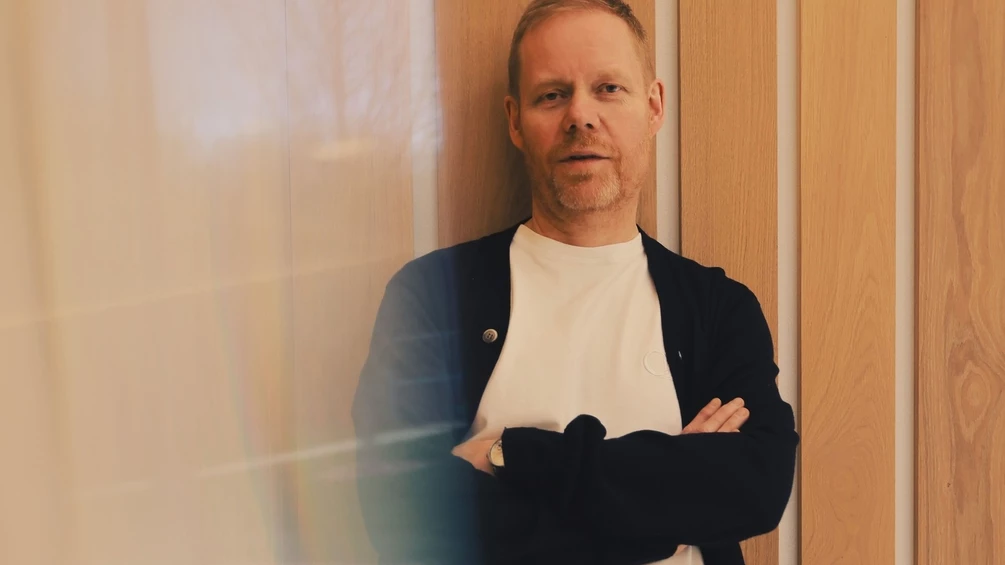
Max Richter has spoken out against a UK government proposal that would update the law to allow AI systems to be trained using copyrighted music.
Last December, the UK government published a consultation on its proposals "to change the way in which UK copyright applies to the development of artificial intelligence (AI) models". The proposals suggested that an exemption to copyright law for “text and data mining” might be on the cards, and that musicians would be required to "opt-out" if they did not want their work to be used.
Giving evidence to the Culture, Media and Sport and Science, Innovation and Technology select committees on Tuesday (4th February), German-born UK-based composer and pianist Max Richter told MPs that these new proposals would make be “unfair and unworkable” for artists.
"For me, speaking as an artist... my interests really are just to do with my rights in the work I've made," he said, suggesting that an "opt-in" model could be a fairer alternative in order to shift the onus from individual artists.
Richter told MPs that the process of AI replicating human artists would “impoverish” human creators and lead to a “vanilla-isation” of music culture. He said there was currently “nothing” he could do to stop AI models generating a piece of music which sounds “uncannily” like him.
Richter highlighted the historical importance and value of music and copyright, asserting that "all of this will fade into history unless we support creators’ rights” while also pointing out that the UK is the second biggest exporter of music in the world, contributing £7.6 billion to the UK economy in 2024.
"Think of your favourite artist; the artist that first got you into music when you were a kid”, he added. “Without copyright, the chances are that most of the music you love by them would not exist, because without a mechanism that rewarded them for their work, they would not have been able to devote their time to making it”.
Watch the full Tuesday's Culture Media and Sport - AI and copyright select committee here (1:07 for Max Richter). Read a supplementary post he shared on the subject on Instagram below.
The first global economic study to assess the impact of generative AI on human creativity was released in December, and forecasted that AI music will account for 20% of the revenue from traditional music streaming platforms and 60% of the revenue from music libraries by 2028.
Björn Ulvaeus, president of the organisation who commissioned the study, the CISAC (International Confederation of Societies of Authors and Composers), referenced Australia and New Zealand as examples of countries where policies are being proactively implemented to safeguard creators' rights and ensuring that AI is used for good.
Ulvaeus joins the chorus of artists demanding tighter regulations around the use of generative AI in music. Last April, the Artists' Rights Alliance organised more than 200 artists, including major mainstream names like Billie Eilish, Nicki Minaj and Katy Perry, to sign an open letter calling for a stop to the "predatory" use of AI-generated music.
In other AI news, earlier this month it was revealed that 10,000 fully AI-generated tracks are submitted to Deezer each day.
